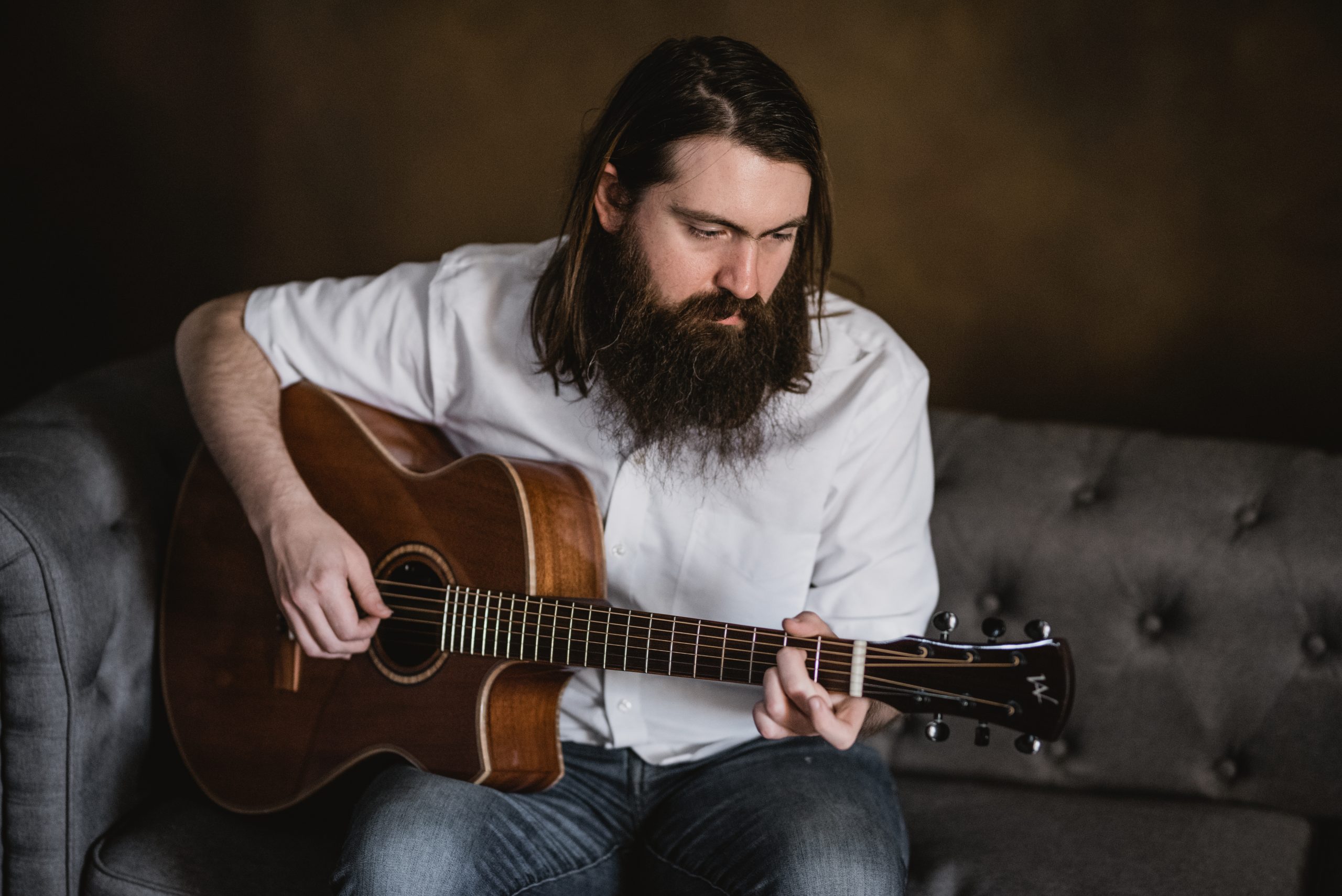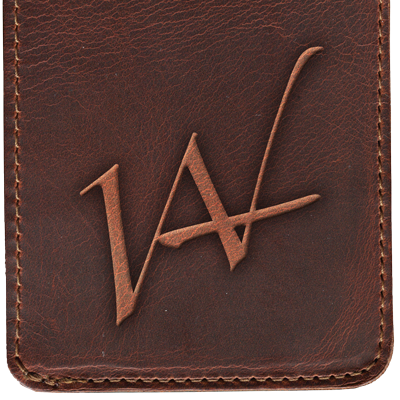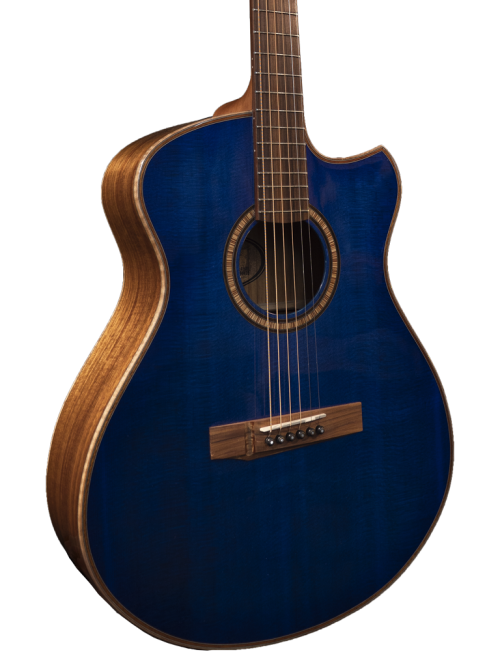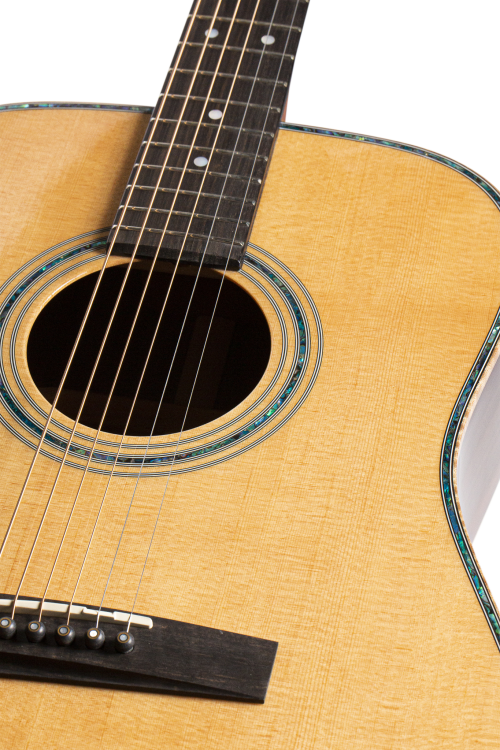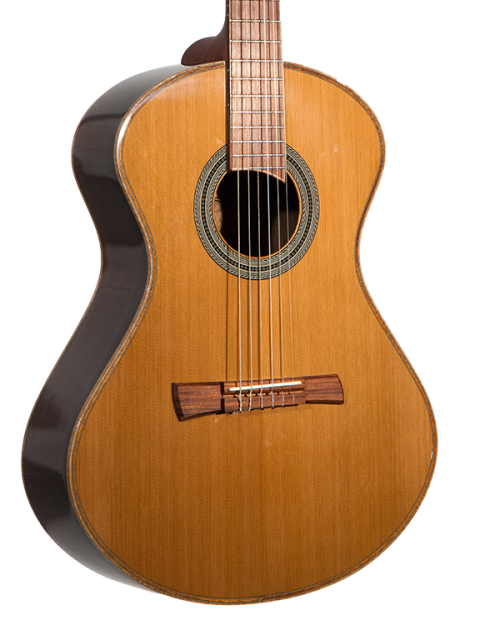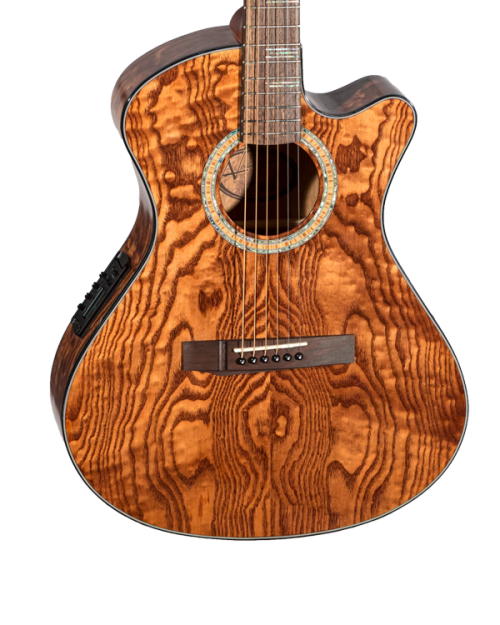Guitar Tips and Tricks: Pt. 1, Theory Journey Overture
By Josh Lucas
Welcome to the first installment of guitar tips and tricks! The idea for this blog coincided with the guitar lesson videos that I’ve been working on for the Andrew White Guitars Inspire Academy. To sum that up, if you take guitar lessons from the Inspire Academy you’ll get access to a collection of my videos that range from beginner to advanced, and touch on everything from musicianship and ear training to technique, all the way through songwriting and composition.
When I was thinking of an article I could write on guitar tips and tricks, I thought, “What can I help people with that’s outside of their comfort zone? And what can I do that would supplement my other lessons?”
First let’s talk about some of the aspects that make up guitar playing. If we were to reduce it to its bare bones (its V-I), guitar playing has a physical aspect and a mental aspect. Well, if you’re into new-agey spiritual stuff, or old school spiritual stuff, let’s say it’s physical, spiritual, and mental (I, IV, V). It’s simple–playing, feeling, and knowing. And while I’m not qualified to tell you how to feel–that’s your own personal journey–I can surely help you to more effectively play what you know, and to know what you’re playing.
The fact of the matter is that playing guitar comes more naturally to some than to others. For some, it’s easy to memorize the patterns, their ears are in tune to play in key–some freaks of nature even have an easy time holding down the strings as beginners. It may seem counterintuitive, but being a “natural” can actually work against your development on the instrument.
Plus, let’s face it–for most of us the guitar was hard enough to figure out, so it’s really easy to hit a plateau and stay there, comfortably, for years.
If you’re at a plateau and you’re sick of it, it’s time to hit the books! And most importantly, don’t be scared of putting in some work. It won’t hurt you to challenge yourself! It will only make you better, especially as you struggle. Truly, the less natural it feels the better! It’s by working through little challenges in life that we are able to tackle those which are truly puzzling.
Over the course of 20+years of playing and 15 years of giving private lessons, I’ve spent time with hundreds if not thousands of musicians with varying degrees of music theory knowledge and various reasons for staying at a certain level. I have friends and fellow musicians who have an insatiable desire to learn the ins-and-outs of everything they do, those who had to learn music theory for their music degree, and even some who have no desire to learn music theory for fear that it will sap their creativity.
First of all, it won’t.
Music is a language, and language is how we use sound to express ourselves to one another. For example, some toddlers pick up language naturally and easily, forming their lips to create the right vowel and consonant sounds–this is all done automatically, without being told to do so. Similarly, the guitar is an instrument, such as our voice, that we use to communicate musical ideas. And just like you don’t need to know how to read or memorize parts of speech in order to speak, you don’t need to read music or learn the rules of music theory in order to play the guitar, or even to make decent music. But when you learned the parts of speech in school, or learned how to read and write–did it destroy your ability to speak? Or did it help you to communicate more effectively and in new ways?
Over the course of these blog posts, I’d like to take you on a brief journey through music theory. By no means will this be a comprehensive study of harmony and rhythm, but it will get the conversation started. I’d like for you to at least walk away with a functional understanding of how music works, why it works, and why your habits have become your habits–and which ones to break, and which ones to keep.
Don’t be scared. I won’t even give you any homework this time. Just take a look at your own patterns, your own habits, and the spots on your guitar where you’ve worn-in a rut–and let’s think about what makes us play what we play. Is it because it’s easy on our hands, or easy on our ears? Let’s find out. See you next week!
